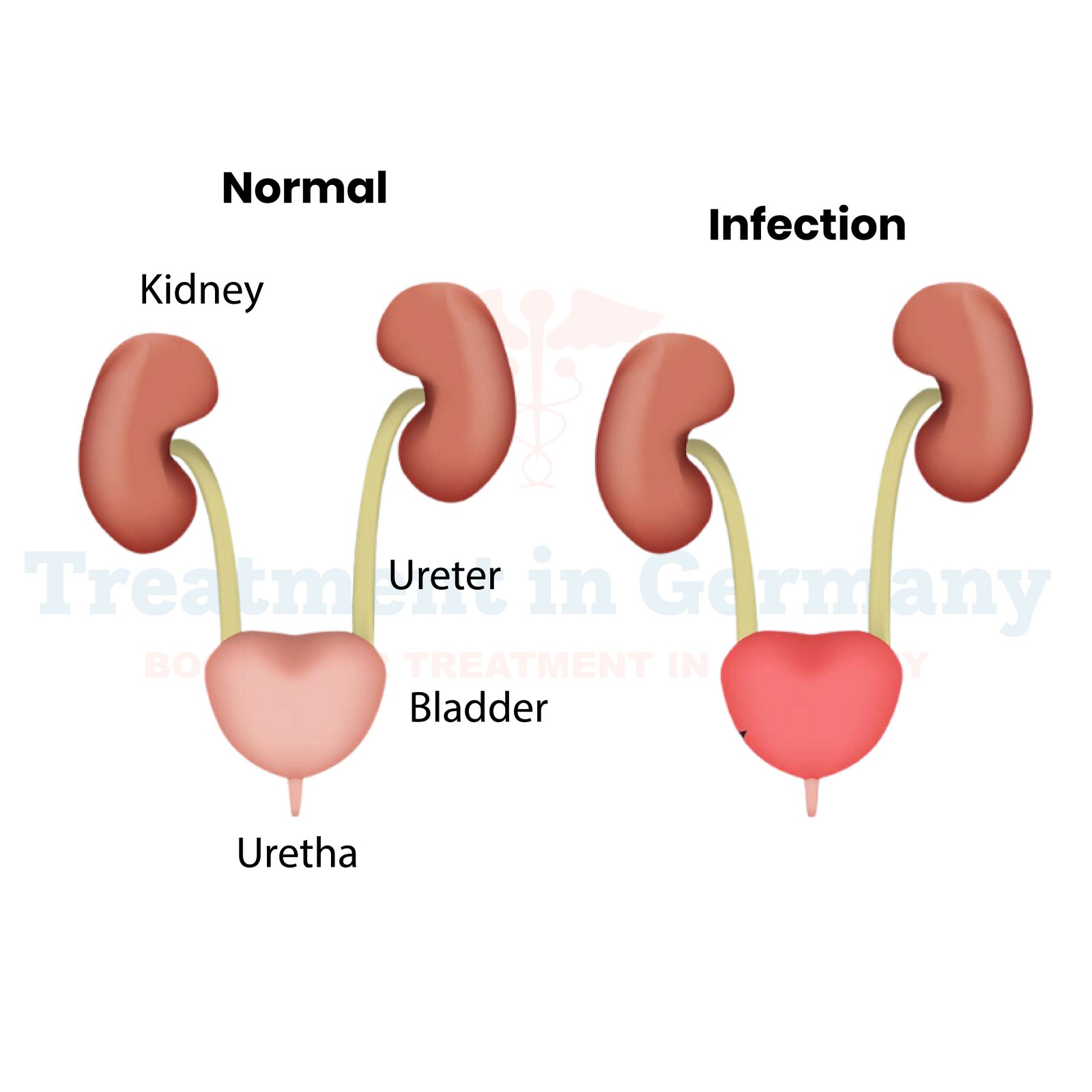What is Urinary Tract Infections (UTIs):
Urinary Tract Infections (UTIs) are bacterial infections that can occur anywhere in the urinary system, including the kidneys, ureters, bladder, and urethra. These infections are commonly caused by bacteria entering the urinary tract through the urethra and multiplying in the bladder.
Side effects of Urinary Tract Infections (UTIs):
The symptoms of Urinary Tract Infections can vary depending on the severity and location of the infection. Common symptoms include:
If left untreated, UTIs can lead to complications such as kidney infections, which can cause permanent damage to the kidneys.
How is Urinary Tract Infections (UTIs) diagnosed?:
Diagnosing Urinary Tract Infections typically involves a combination of medical history review, physical examination, and laboratory tests. Your healthcare provider may ask about your symptoms and medical history, perform a physical examination, and request a urine sample for analysis. Urine tests, such as urinalysis and urine culture, can help identify the presence of bacteria and determine the appropriate course of treatment.
Potential treatments of Urinary Tract Infections (UTIs):
The treatment for Urinary Tract Infections often involves a course of antibiotics to kill the bacteria causing the infection. The type of antibiotic prescribed and the duration of treatment may vary depending on the severity of the infection and the specific bacteria involved. It's important to take the full course of antibiotics as prescribed, even if symptoms improve, to ensure that the infection is completely eradicated.
In addition to antibiotics, your healthcare provider may recommend:
👉 Contact us for further information and receive a complimentary consultation.


.webp)
 (1).webp)

.webp)
 (1).webp)


.webp)
 (1).webp)

.webp)
 (1).webp)
